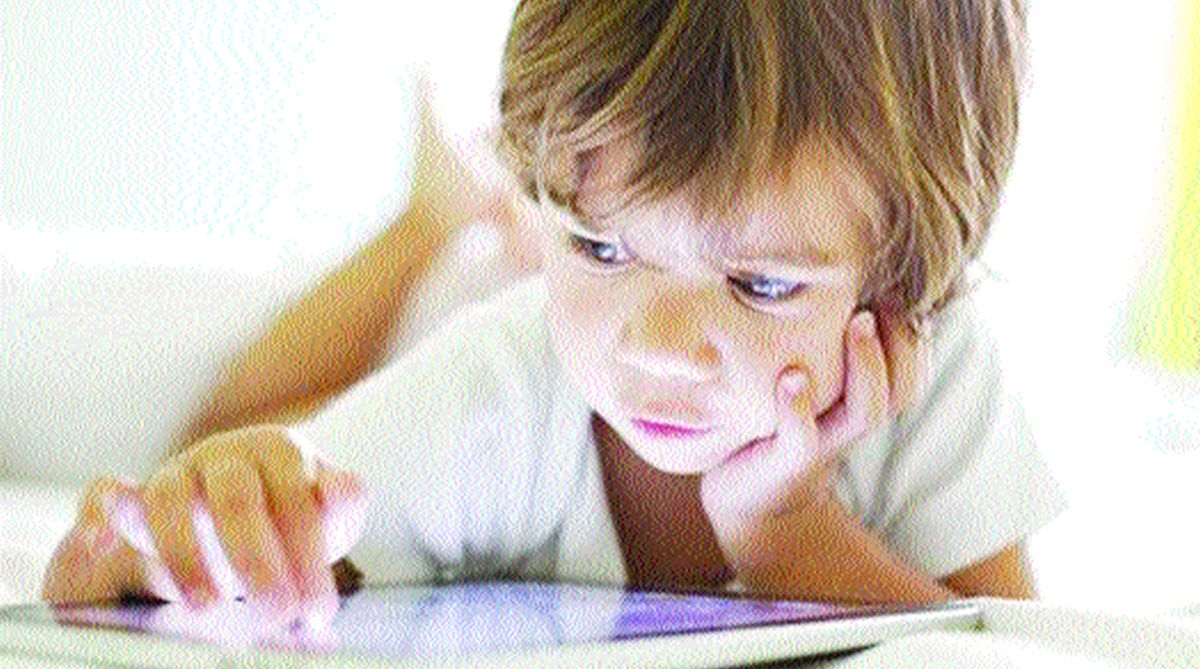An overview
Screen dependency disorder is a modern age health challenge for both kids and parents. Research proclaims that the excessive use of mobile phones and exposure to blue lights can impact your kid’s brain which can lead to a disorder called Screen Dependency Disorder (SDD). Moreover, psychologists have discovered that impact of SDD are numerous for all kids and affected children may experience excessive gain or loss in their weight, insomnia, headache, and most importantly poor nutrition during their initial growth and development stage.
Advertisement
According to experts, SDD has the ability to impact your kid’s behaviour. Screen addicted kids have shown up with problematic behaviour like withdrawal symptoms including no interest in outside or indoor activities. They might even lie about the duration of their mobile usage and despite all the hazards, they might continue with the same. Experts opine that those who suffer from SDD are perhaps, diagnosed with the microstructural and volumetric difference in both, white and grey portion of their brain.
Why does it affect nutrition intake?
Using a mobile phone while eating a meal makes the situation worse. Kids tend to be more into the screen rather than concentrating on their meal and this may lead them to nutritional deficiency. This nutritional deficiency in your kids’ initial growth and development stage, may adversely impact their overall health in long run.
Limitation and usage
For toddlers, younger than eighteen months, usage of mobile phones should be strictly restricted. For older toddlers, below the age of two years, ten to fifteen minutes of screen allotment is fine if they are very much keen for it. Kids, between the two to five years of age shouldn’t be allowed to spend more than an hour in front of the screen.
Recommended screen time for your school going kids varies between one to two hours under parental supervision. Making sure if your kids are using mobile in moderation ensures they are at the least risk of developing screen dependency disorder. However, if there are any noticeable symptoms in your kid’s behaviour or daily requirements, you should consult an expert.
Set some rules
Setting up some ground rules for your kids in their early age and some enforcement for their better nourishing future by designating media-free times together like making them to help you out in kitchen while preparing meals, letting them know more about how important a healthy meal is on the dinner table or taking them on the drive to supermarket.
Stay up with your kids in conversation by asking them about their day, what they ate, what they would like to eat including treating them like they have got responsibilities for themselves which can be fulfilled by eating healthy and spending least time on screen.
The writer is the founder and chief dietician, Nmami Life











